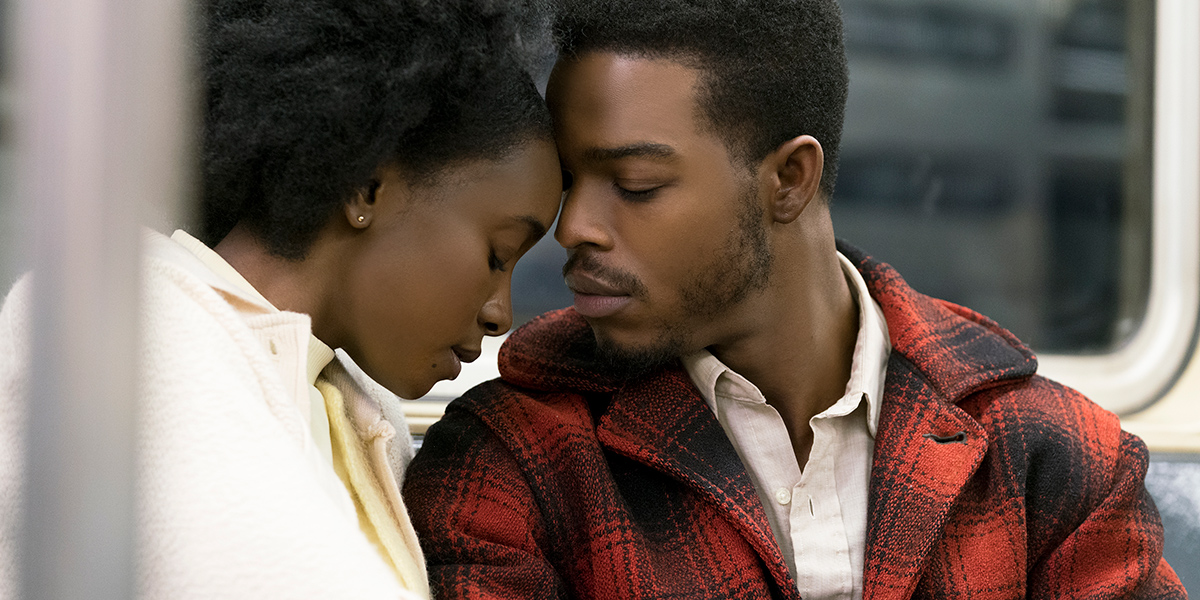Review by Zach Dennis
It is such a categorical impossibility to attempt to explain the affecting power of not only If Beale Street Could Talk, but the work of Barry Jenkins. Following up Moonlight, a movie I’ll touch on in a second, Jenkins works from a novel by James Baldwin, in which he tells the story of Tish (Kiki Layne) and Fonny (Stephan James), a couple who expected to be focused on their upcoming nuptials but instead become imbued in a fight to keep Fonny from entering prison for the foreseeable future after he is falsely accused of raping a woman.
Jenkins weaves this story with the courtship of Tish and Fonny, which highlights the animosity between the two families prior to the incarceration and how each are viewed in the eyes of the parents of the other.
It is easy to link Beale Street — both due to Jenkins’ name and the soothing aesthetic he paints the world in — but interlocking the two would be doing a disservice to them both. Make no mistake, they do connect in many ways, as I mentioned before, Jenkins and cinematographer James Laxton coat the film is warm colors — masking it almost like an Edward Hopper painting — but with the comfort and romance of a work by Wong Kar-wai or Douglas Sirk.
Between the swoon of Tish and Fonny’s courtship is the reality of being black in America, a reality deeply interrogated in Moonlight, but taken in a much more subtle and deft way by Jenkins for Beale Street. In one scene, Fonny sits down with his friend, Daniel (Brian Tyree Henry), a moment that unbeknownst to him would lead to his lock-up, and discusses the horror of being imprisoned. Daniel spins tales of the loss of agency he had in jail, how white men could do whatever they wanted to him because he was helpless and incarcerated.
The world of Beale Street lacks the pronounced, “Oscar moments” that someone would expect from a movie, penned from a James Baldwin story, tackling race in 2018, but that subtlety speaks volumes. We see the egregious racism on a day to day basis as the constant flow of the Internet and social media has allowed us the window into this world more readily than ever before, but that leap in technology doesn’t always give us a lens to the smaller moments — the ones that almost sting more.
As I said in a tweet following the movie, nothing in Beale Street is resolved but everything is felt. The emotions are felt, the heartbreaks are felt and the unattainable edges are left unreached. It could be described as depressing to see this, but Jenkins handles it in such an empathetic and poetic sense that there has to be some glimmer of hope at the end...there just must be.

